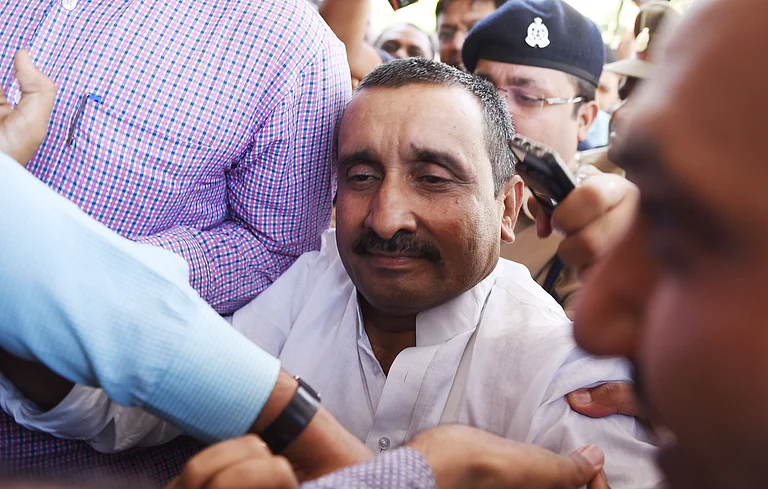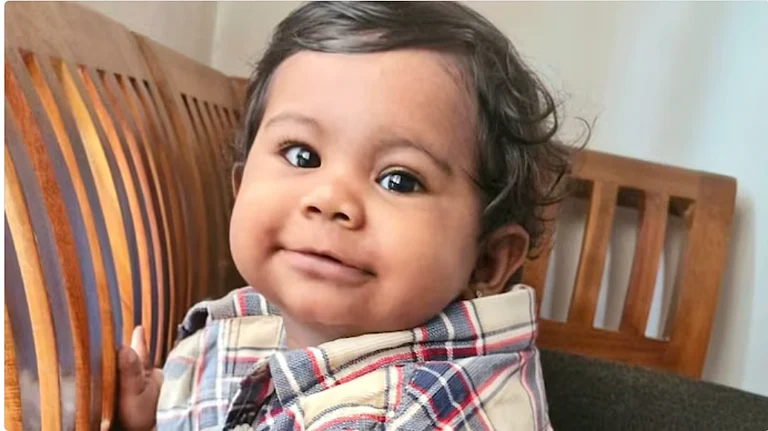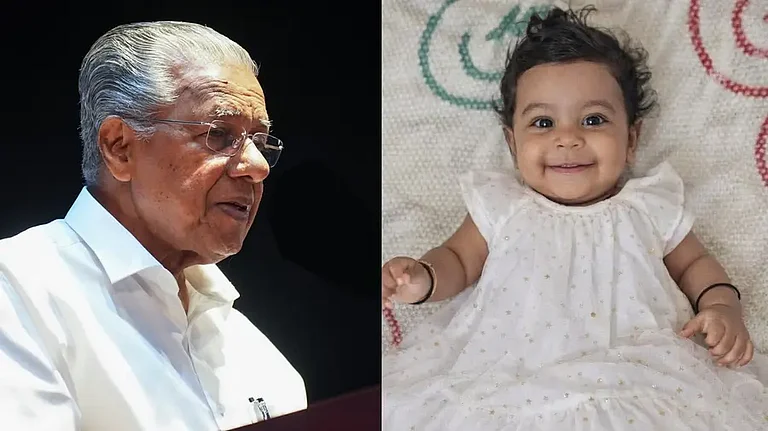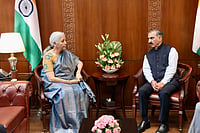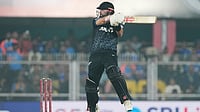The Centre has asked states to monitor cases of brain stem deaths in ICU patients, saying poor identification and certification of such cases is keeping the organ donations rate at low levels in the country.
The advisory to the states is aimed at augmenting the organ donation rate in the country which is less than one donor per million population.
"The organ donation rate in India continues to be low (less than one donor per million population in a year). One of the key challenges identified in this is poor identification and certification of brain stem death (BSD) cases despite availability of many such potential cases," Director of National Organ and Tissue Transplant Organization (NOTTO) Dr Anil Kumar stated in the letter to the states.
As per provisions of "The Transplantation of Human Organs Tissues Act, 1994", it is required to identify potential brain stem death cases in the ICU.
Further, it is mandatory to enquire whether such potential donors had pledged for organ donation and if not to make the family members aware of the opportunity to donate organs before the heart stops under the law, he said.
The doctor on duty, with the help of transplant coordinator, is required to make the above-mentioned inquiry after certification of such BSD cases, Kumar said in the letter sent to all states and UTs and directors of regional and state organ and tissue transplant organisation (ROTTOs and SOTTOs) last month.
Kumar said every institution is requested to facilitate and monitor the certification of BSD cases to ensure compliance of provisions of the Act and Rules.
In his letter, the official attached a template of 'required request display board' that is to be placed outside ICUs, emergency or any other strategic location in the hospital. He also attached a list of information to be collected from the hospitals on a regular monthly basis.
The head of the institution and respective SOTTO should analyse the collected information and the corrective actions must be taken with the aim to maximise organ donation from all potential donors, he said.
Further, all SOTTOs are requested to collect such information as per the list from each registered hospital and send it to the NOTTO by the seventh of every subsequent month, the letter said.
"I seek your cooperation and support for augmenting the organ donation rate in the country so as to achieve self-sufficiency in the field of deceased organ donation," the letter added.








